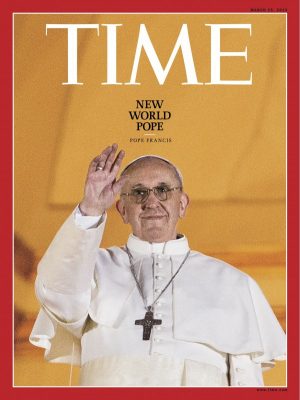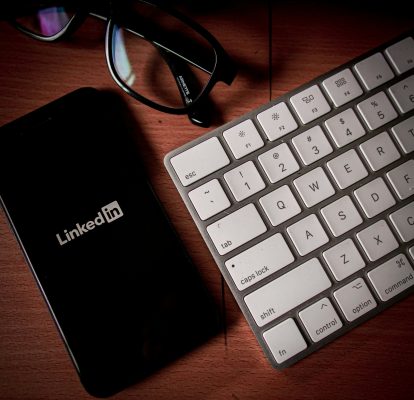 This week we’ve witnessed two events that illustrate an important truth about brand positioning.
This week we’ve witnessed two events that illustrate an important truth about brand positioning.
On Wednesday, the world saw the election of Cardinal Jorge Mario Bergoglio of Buenos Aires as the new Pope. When it was announced that the new Catholic leader was to be known as Pope Francis, it was immediately understood that his choice of name was likely to be symbolic. And, indeed, today the Pope explained that he had named himself after St Francis of Assisi, reflecting his mission to serve the interests of the poor and to lead a simple life.
In a very different development the same day, we had a discussion with a client that wants to change the way it is perceived in a particular geographic market. The company’s established positioning continues to work well in all other parts of the world, but in this particular country it wants to be seen a very different way – a way which, on the face of it, seems even to clash with its positioning and brand values elsewhere.
Is it possible to maintain two very separate, even mildly conflicting brand positionings at once? Yes, of course it is, even in today’s globally networked world. You need only to look at the product advertising Hollywood stars sign up for in distant markets, which they would never dream of doing at home because it would clash with their established ‘brand positioning’. Similarly, look at how Johnnie Walker whisky is a super premium brand in Asia, whereas it is ‘merely’ a premium brand in markets such as the UK.
However, to make a brand positioning effective, words must be matched by deeds. With his name, Pope Francis has sent a clear signal as to what his papacy will be all about. Provided he follows through on this promise with firm actions that create new or improved benefits for the poor, his promise will be upheld. On a less exulted but still important level, companies that wish to compete in new markets by changing their brand positioning can also succeed. But they too must ‘walk the talk’ if their claims are not to sound hollow. Given that corporations are generally given less benefit of the doubt than His Holiness, smart companies will also begin putting their deeds (i.e. complementary marketing activities, whether sponsorship, product design or affinity marketing) in place before they start talking about it publicly.








